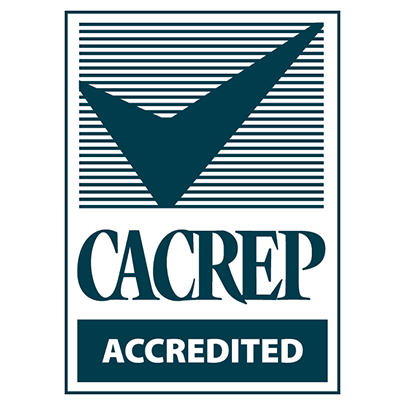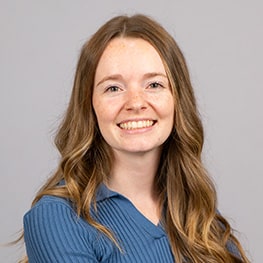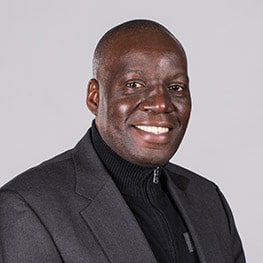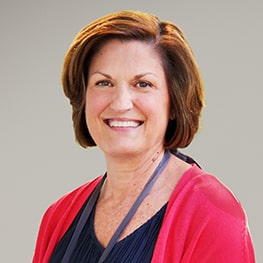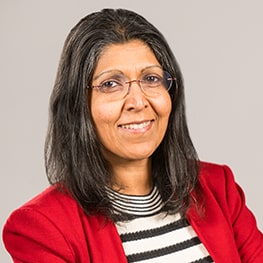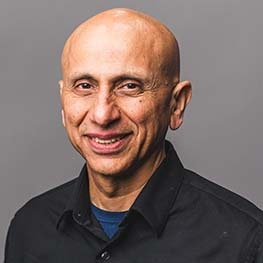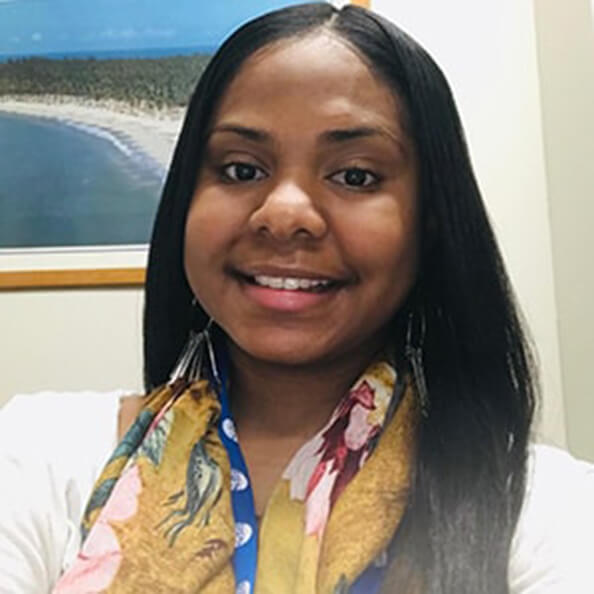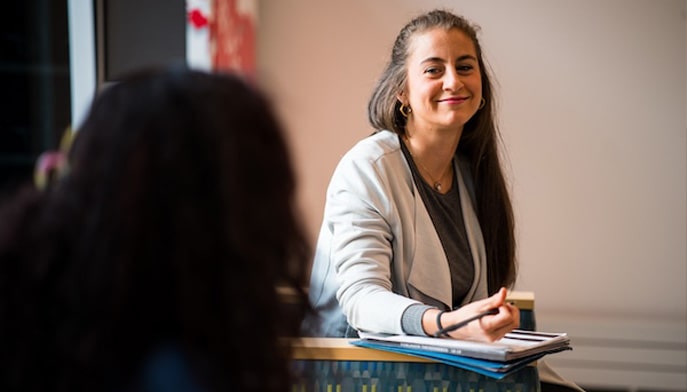MA
School Counseling
Format & Location
On-Campus (Fairfield, CT)
School/College
School of Education & Human Development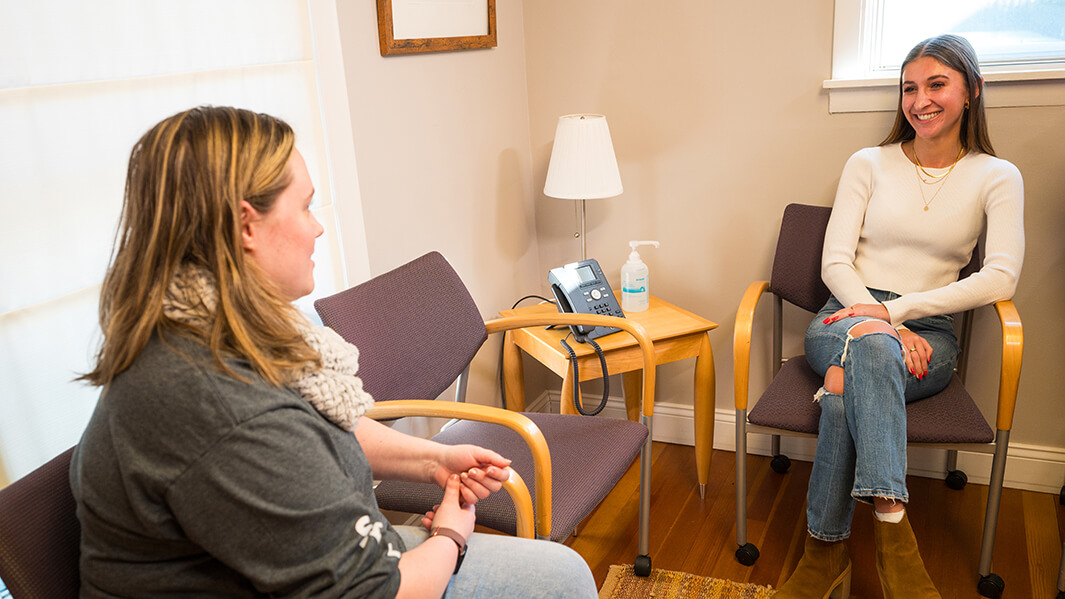
Start Dates
Fall (September), Spring (January)
Application Deadline
Fall Priority: February 1 | Spring Priority: October 1
Completion
36 months
Schedule
Full-Time or Part-Time
Register for the Next Virtual Information Session
December 11, 2025 at 12 p.m. EST
Fairfield University's Master of Arts in School Counseling degree is a Council for the Accreditation of Counseling and Related Educational Programs (CACREP) accredited 60-credit program, which offers counseling courses under the guidance of faculty members who are nationally recognized in the field. The program fulfills the requirements for certification as a School Counselor in the state of Connecticut.
Find Out More
Course Requirements
MA in School Counseling
60 credits
Contact Us
Graduate Admission
gradadmis@fairfield.edu
(203) 254-4184
Request Info Form
Want details on courses, schedules, and financial aid? We're here to help.
Loading...
